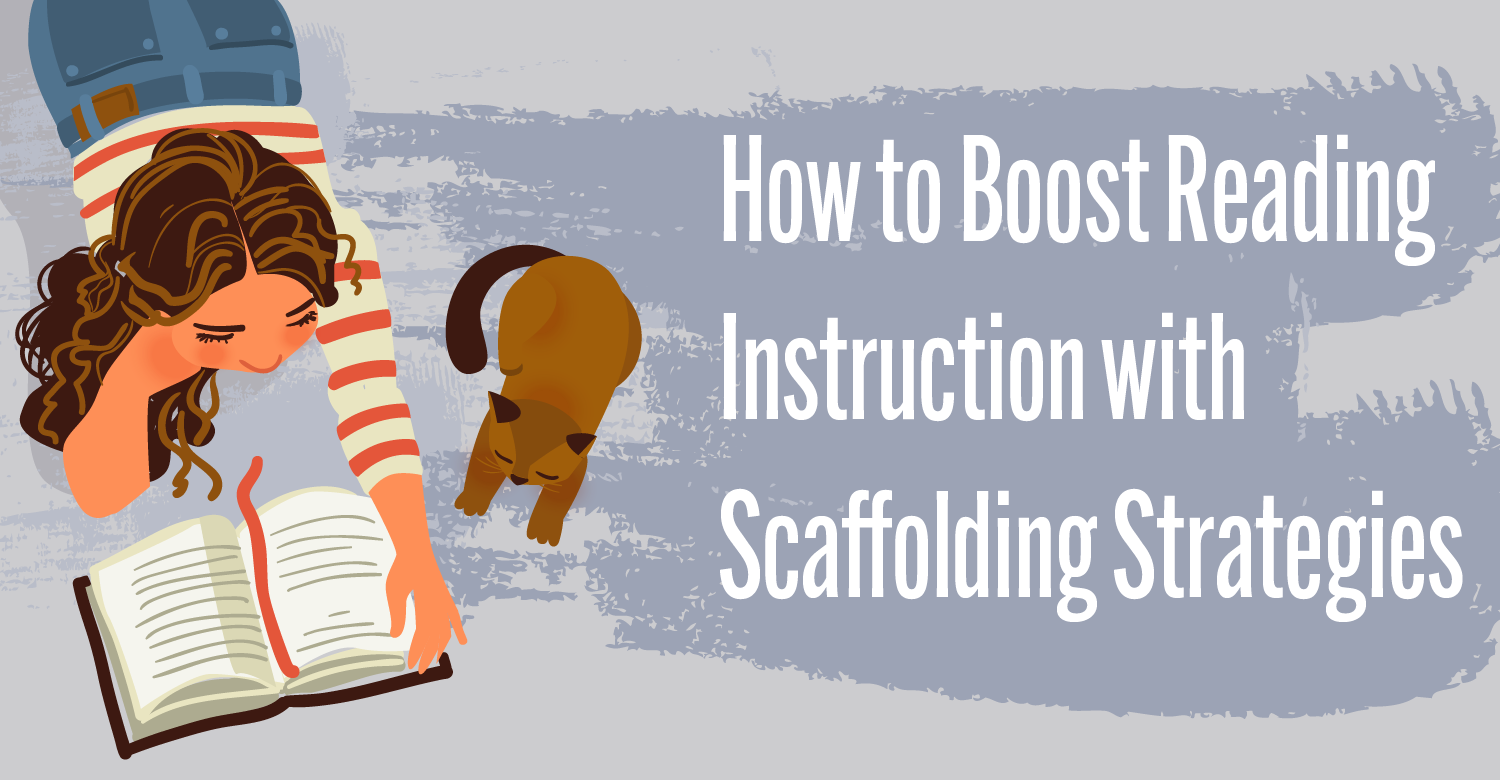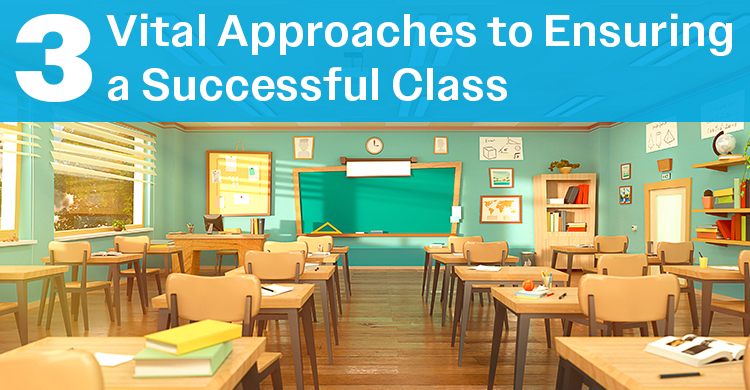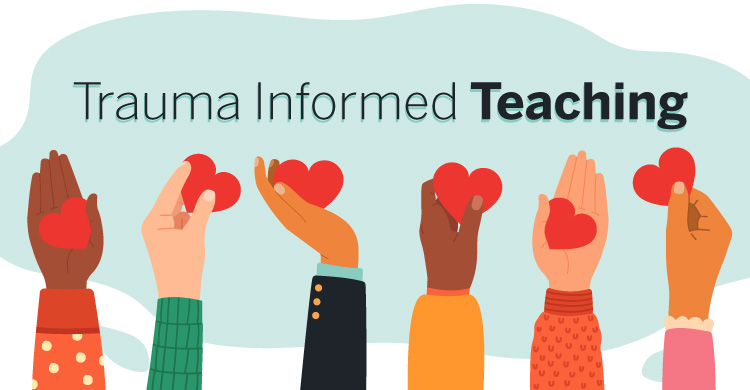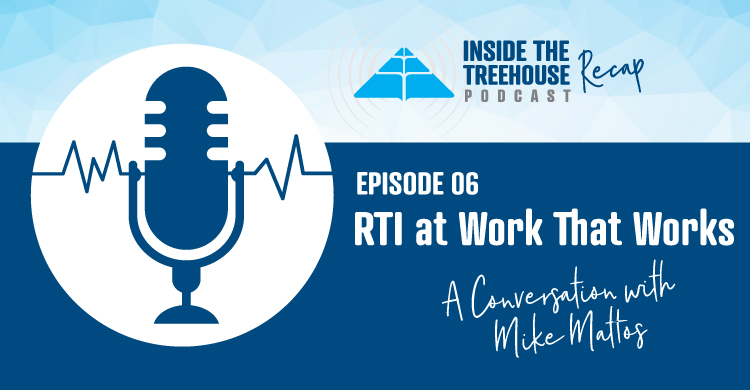In our recently released publication Uniting Academic and Behavior Interventions, Austin Buffum, Mike Mattos, Chris Weber, and I address one of the more vexing challenges we all encounter in our work with educators—the skill or will dilemma. Is the academic struggle prompting the behavior or is the behavior the antecedent to the academic struggle? We’ve identified five representative students whose backstories cover the types of concerns shared with us over time.
We’ve articulated a process which we’re calling “Pro-Solve” and have provided templates to assist educators in identifying the most effective interventions and monitoring the effect of those interventions. As with any process, there are some critical considerations to address and these speak to the desire of the adults to address the struggles of students and help them to close the gap. They are the four “nots”:
- Retention is not a viable option.
- The master schedule as a resource is not an obstacle.
- Intervention does not preclude elective or enrichment.
- Resources are allotted by need, not label.
Retention does not promote higher levels of learning, close achievement gaps, or increase an at-risk student’s odds of future success in school. Professor John Hattie found being retained once doubled the likelihood of dropping out, while twice almost guaranteed it. If a student never gets back to grade-level curriculum, we are not intervening but just tracking to substandard curriculum, thereby ensuring the student never catches up and eliminating any realistic chance to succeed in school and beyond.
Our traditional schedule was not designed to ensure all students learn at a high level, but instead to create a bell-shaped curve of student results. Oftentimes, schedules are altered for events, testing protocols, enrichment/extension activities, or extracurriculars. Why not for interventions? The challenges this presents are overcome by intentionally determining to do just that. Mattos and Buffum provide numerous examples in their two recently released books It’s About Time (elementary and secondary levels).
Too often a student receives intervention at the cost of an elective or enrichment opportunity, as these are viewed as nonessential. However, there are universal skills being taught, often through different modalities. Fractions occur in music and home economics and these may be the high interest for a student.
If we had no labels, how would we group students for interventions? Probably by similar needs like:
- Struggles with consonant-vowel-consonant blending
- Difficulty with multiplying exponents
- Lacking organizational skills to keep track of work
Adults would be assigned based on their training and expertise in these areas of need.
Solving the skill or will dilemma is going to take passionate, committed educators to work on uniting the approach to addressing the challenges—whether they are academic or behavioral. It’s also a skill and will question for educators. We’ve provided a tool to help with increasing the skill level. My work with educators has me convinced the will is there to positively impact the outcomes for all students.
[author_bio id=”397″]






